7 Ways to Gather Evidence After Your Motorcycle Accident
Evidence is the key to any accident claim, and motorcycle accident claims are no exception. Typically, if you’ve been injured due to the negligence of someone else, the person at fault won’t be eager to admit what they’ve done wrong. You’ll need to gather evidence to support your side of the story. It may be […]
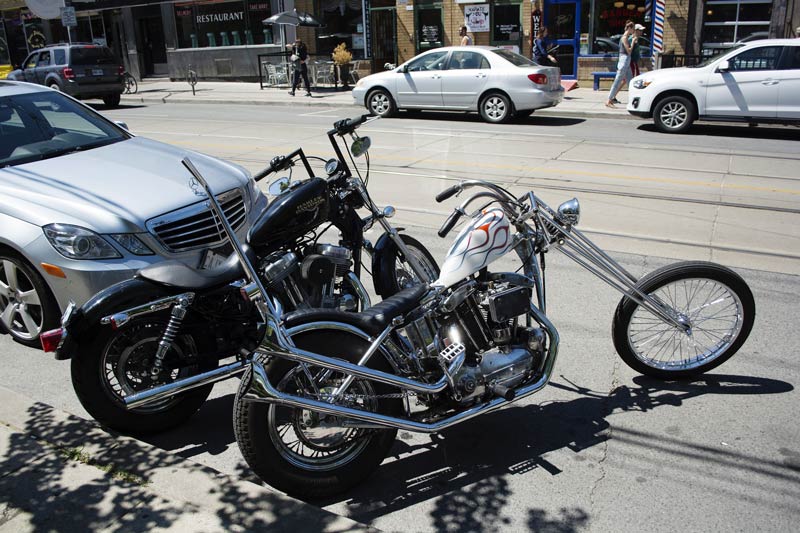
November 13, 2017

Evidence is the key to any accident claim, and motorcycle accident claims are no exception. Typically, if you’ve been injured due to the negligence of someone else, the person at fault won’t be eager to admit what they’ve done wrong. You’ll need to gather evidence to support your side of the story.
It may be too late to research what evidence you need to gather after your motorcycle accident has already occurred. There are certain kinds of valuable evidence that can only be documented at the accident scene. Also, you may be too shocked or injured to think clearly and consider what evidence you need after your motorcycle accident.
That’s why it’s important to learn ahead of time what evidence may be valuable to your claim in case you’re ever injured in a motorcycle accident. The following seven ways of gathering evidence are easy ways to strengthen your motorcycle accident claim.
1. Call the Police
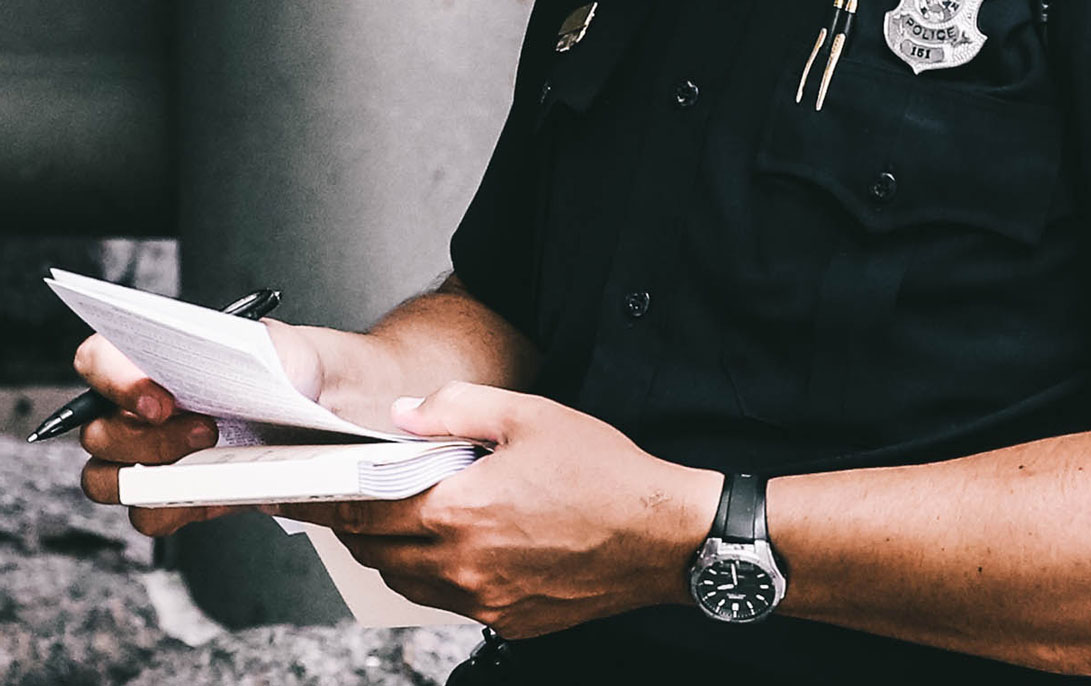
In Indiana, the law requires accident victims to call the police if anyone is injured or killed in an accident, or if property damage is greater than $1,000. Motorcycle accidents tend to be severe, so it’s a good idea to call the police even if you feel like your injuries or damages are minor.
Calling the police also means that an officer will file a police report regarding your accident. This documents the motorcycle accident and may be useful as evidence later on in your claim. Although a police report isn’t the final word on what happened, it can include details that may support your side of the story.
For example, Indiana is a fault state, which means that the percentage of damages you can expect to recover from the other person’s insurance company correlates to the percentage you’re at fault for causing the accident. A police report can indicate that the other driver was speeding and ran a red light, which will likely place most (if not all) of the fault with him.
2. Take Pictures

Many people have smartphones capable of taking pictures. After a motorcycle accident, it’s important to document as many details as possible with photographic evidence. Pictures speak louder than words, and an image of tire tracks proving that you tried to avoid a collision may be more persuasive than a verbal account of what led up to the accident. You’ll also want to take pictures of the other driver’s damage to keep them honest.
However, as mentioned previously, motorcycle accidents often result in severe injuries. You may not be able to walk around and take pictures of the accident scene. Your phone or camera may also be damaged in the accident.
If you cannot take pictures of the accident scene, it’s okay to ask someone else to. However, if your injuries are so severe that getting you to the hospital is the top priority, don’t worry about not having images of the accident itself. Your injuries can also speak volumes about the extent of the motorcycle accident. Take pictures of your injuries as soon as possible following the accident.
3. Interview Eyewitnesses
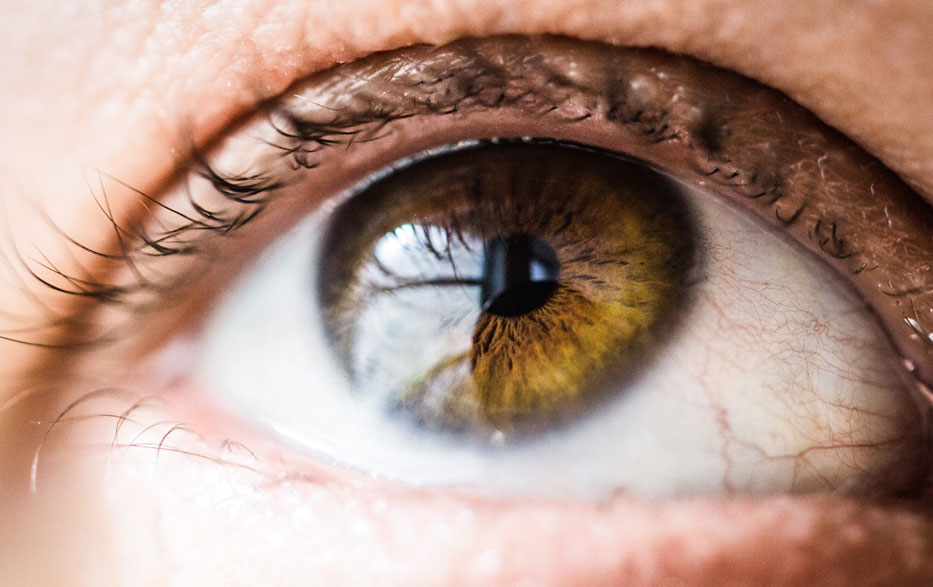
If anyone witnesses your motorcycle accident, documenting their version of events is incredibly important. There may not be time to get a statement, but by securing an eyewitness’s name and contact information, you leave the door open to get the statement from them at a later time.
Again, the severity of your injuries may prevent you from getting information from eyewitnesses. The police officer on the scene will likely interview eyewitnesses. You may be able to obtain contact information for eyewitnesses from the police following your accident.
4. Preserve Your Clothes and Gear
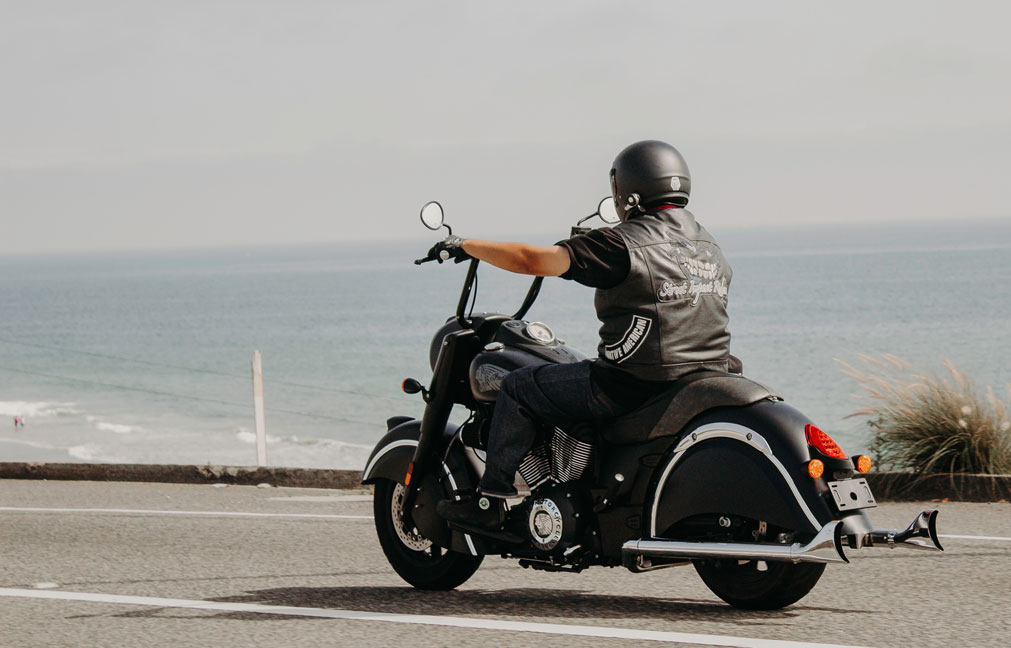
Not only should you take pictures of what you were wearing at the time of the accident, but you should also take measures to preserve the clothing and gear. Especially in a motorcycle accident, damage to your gear may corroborate your version of events. For example, if your jacket shows damage consistent with your claim that you fell off of your motorcycle, it will be harder for the other driver or their insurance company to argue otherwise.
5. Seek Medical Treatment
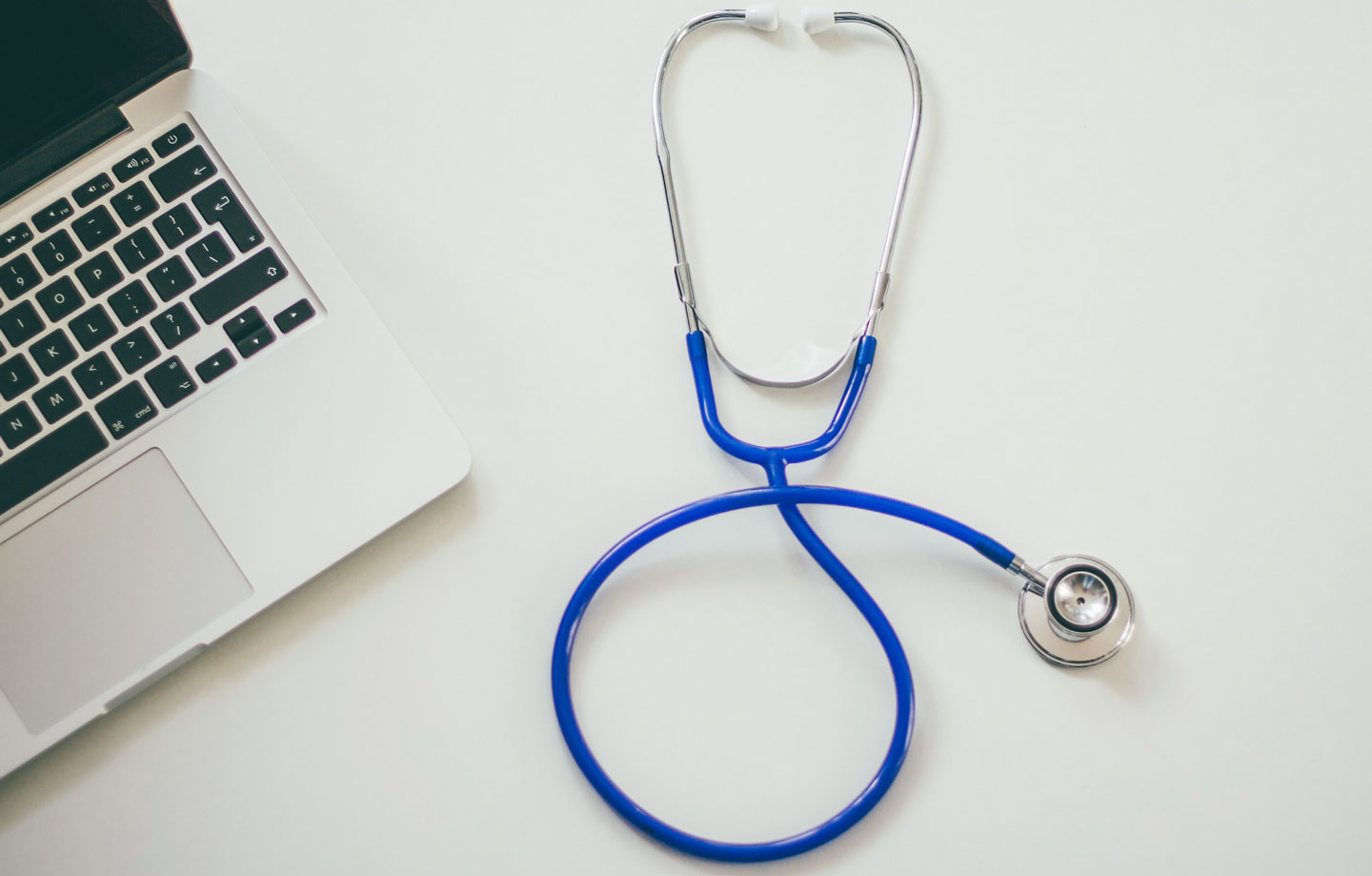
Receiving medical treatment after a motorcycle accident is good for your health and your motorcycle accident claim. Your medical records can serve as evidence to prove the extent of your injuries as well as your compliance with any prescriptions, procedures, or therapy recommended by your doctor.
Insurance companies may try to argue that your injuries aren’t as bad as you claim or that you made them worse by not following your doctor’s orders. Make sure you seek medical treatment immediately after a motorcycle accident so your records clearly indicate that your accident caused your injuries. Follow your doctor’s orders regarding your treatment to prove that your injuries aren’t getting worse due to your own negligence. If you don’t want to follow your doctor’s recommendation, make sure to seek a second opinion to show that you’re actively trying to get better.
6. Keep a Journal

One way to preserve evidence is to write it down yourself. As soon as possible after the accident, write down everything you remember about it. Then, continue writing down details about any medical treatment you receive. Although much of this evidence may already exist in the form of pictures or medical records, having a written account is just another way to strengthen your claim.
7. Hire an Indiana Motorcycle Accident Attorney
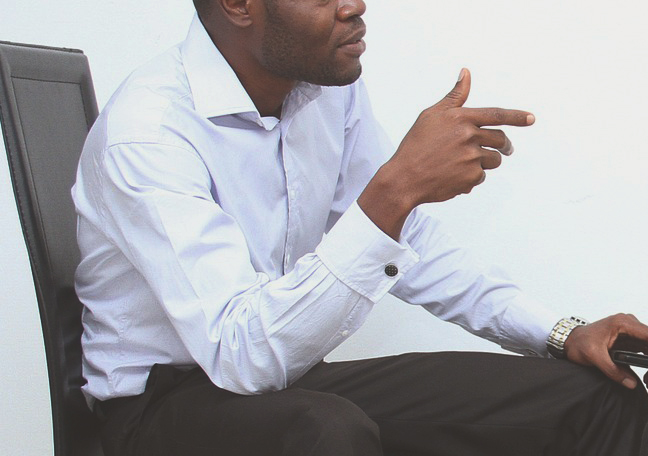
An Indiana motorcycle accident lawyer may be able to help you acquire certain kinds of evidence. For example, an attorney may have access to experts who can recreate the accident scene. This is particularly helpful if you were unable to take pictures of the motorcycle accident.
An attorney may also be able to track down hard-to-find eyewitnesses and take depositions from them, submitting their testimony under oath as an official part of the accident claim. These depositions will be much more useful than any fragmented accounts you may remember from talking to eyewitnesses at the accident scene.
Help from Hensley Legal Group
If you’ve been injured in a motorcycle accident, you shouldn’t have to focus on gathering evidence to support your claim. You should focus on getting better; let us handle the rest. Call Hensley Legal Group today or contact us online for a free consultation.